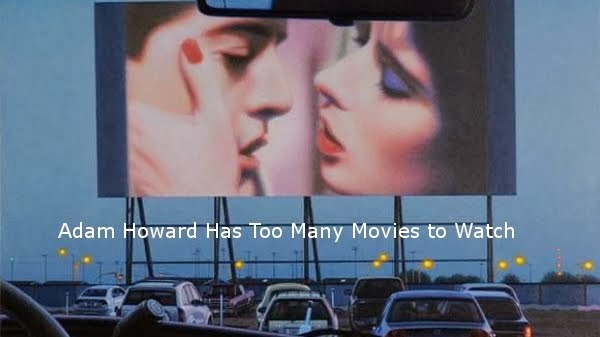Much like The Lobster, Lanthimo's most recent critically acclaimed mind-bender, I went into The Killing of a Sacred Deer with high expectations: the trailer was positively Kubrick-esque and what I gleaned about the premise, which involved a surgeon being subjected to some form of macabre revenge for medical malfeasance, seemed intriguing.
The film is formally fantastic -- with some very striking wide shots that do recall the work of the master behind The Shining and A Clockwork Orange. The difference is that while those films have some black humor and satire in them, they are also at important moments genuinely harrowing -- something The Killing of Sacred Deer, despite its moody rhythms and dread-filled soundtrack, never is.
 In my opinion, a movie at the very least should provoke some kind of emotional response from the viewer, and if it's clicking the right way, it should have the impact the director intended.
In my opinion, a movie at the very least should provoke some kind of emotional response from the viewer, and if it's clicking the right way, it should have the impact the director intended.But it's unclear to me what service Lanthimos is trying to provide his audience outside of trolling them. The film is clearly judgmental about its characters and its audience, keeping both at a remove with its stilted, stunted and sullen style and with its apparent contempt for the banal bourgeoisie. It keeps throwing curveballs at its audience -- with an emphasis on the sexual -- and patting itself on the back for making people squirm. This is the kind of movie where there is a running gag about a girl getting her period for the first time, if you find that kind of thing hilarious.
A talented cast, including Nicole Kidman and Colin Farrell, are asked to strip themselves of all charisma and to calibrate their voices as little as possible. Imagine a film where every character is profoundly socially awkward and blurts out very matter-of-factly whatever intensely personal thought enters their brain. We're supposed to think these characters are already dead inside before the plot kicks in, get it?
I was able to hang with the film during its prolonged set-up, because Lanthimos definitely has an arresting style, but once the sheen comes off his work it's stunningly hollow and if that is the point -- which I fear it is -- then I am not sure why his films are worth flocking to.
This film, not unlike The Lobster, is being elevated by the very privileged class of filmgoers and critics that it presumes to be sending up. And perhaps there is a kind of moviegoer who likes to be made to feel bad when they watch a film, but I am not one of them.
I don't mind being scared or even unsettled by a film, but smug condescension isn't for me. It's not that I don't 'get' The Killing of a Sacred Deer -- it's not exactly subtle. For instance, in one scene a character expresses more interest in the fate of an MP3 player than their own sibling. I just don't find it profound.
Other critics will fall over themselves to praise its audacity and chilliness -- but for me there is nothing risky or daring about reveling in cruelty, and there are plenty of films that lack heart (I imagine the Transformers movies do, even though they would never get the critical praise this will). But to me the really great films -- like The Florida Project -- pull off something much more audacious -- which is to aim for your heartstrings and hit their target.


















